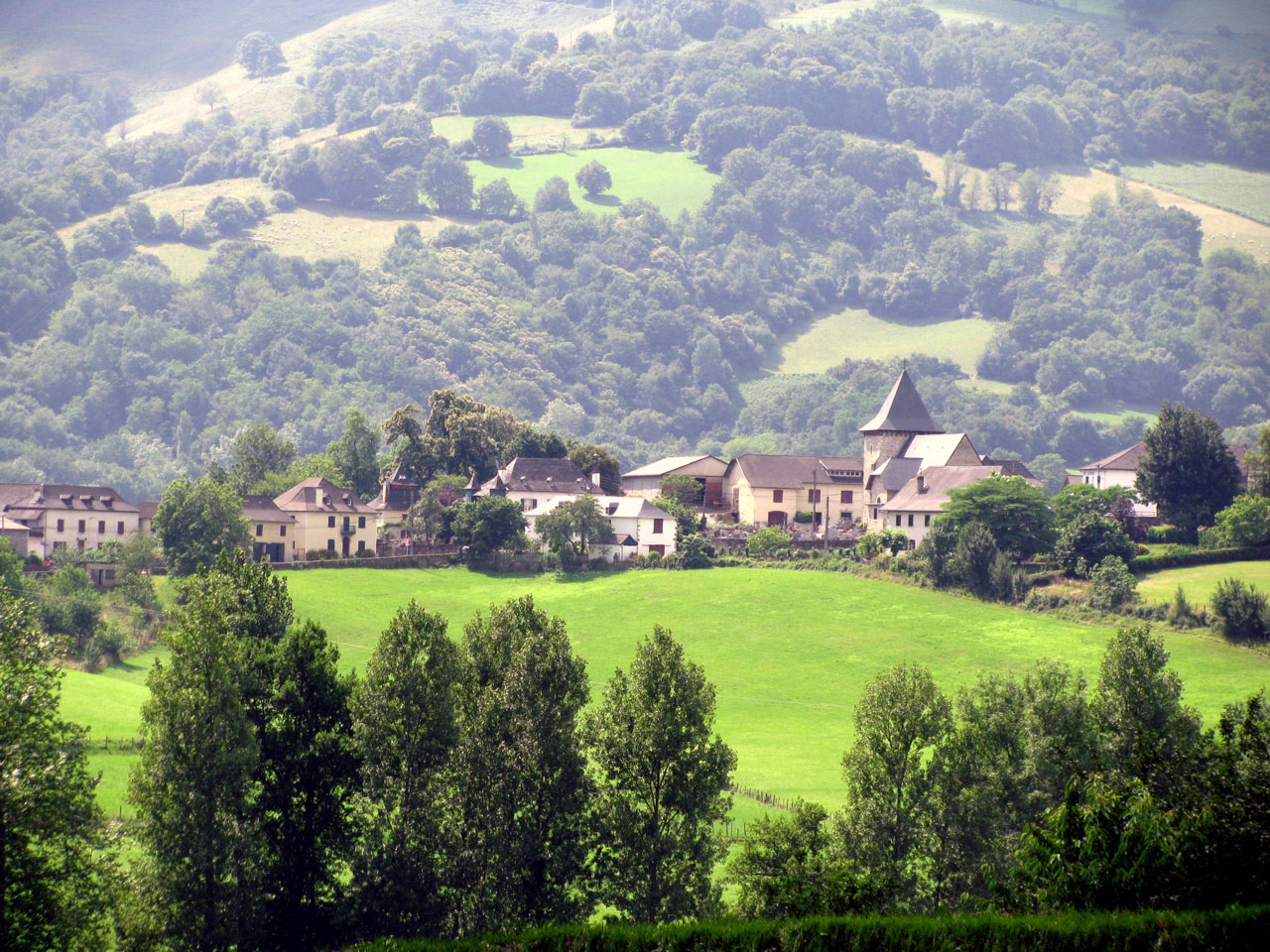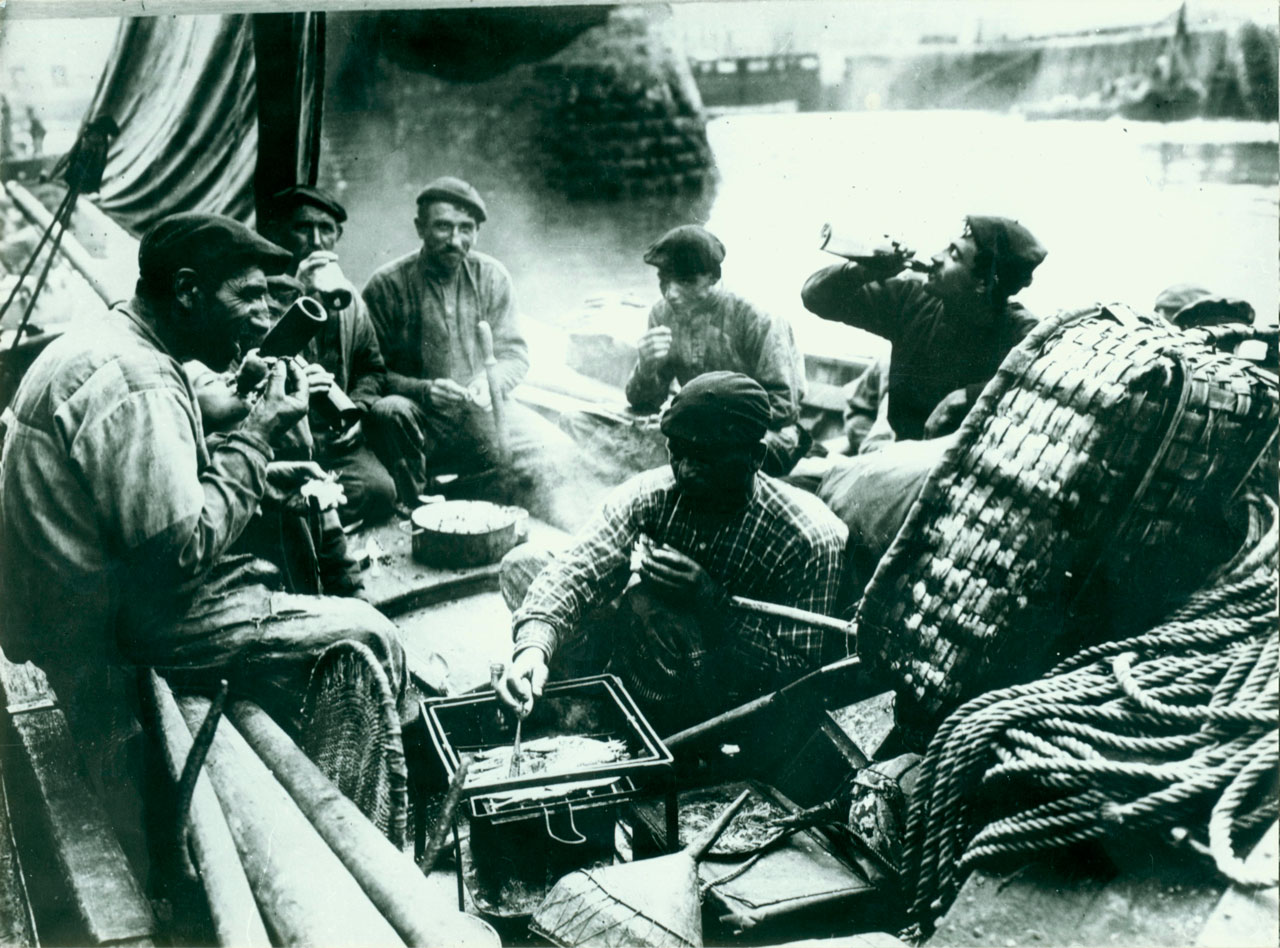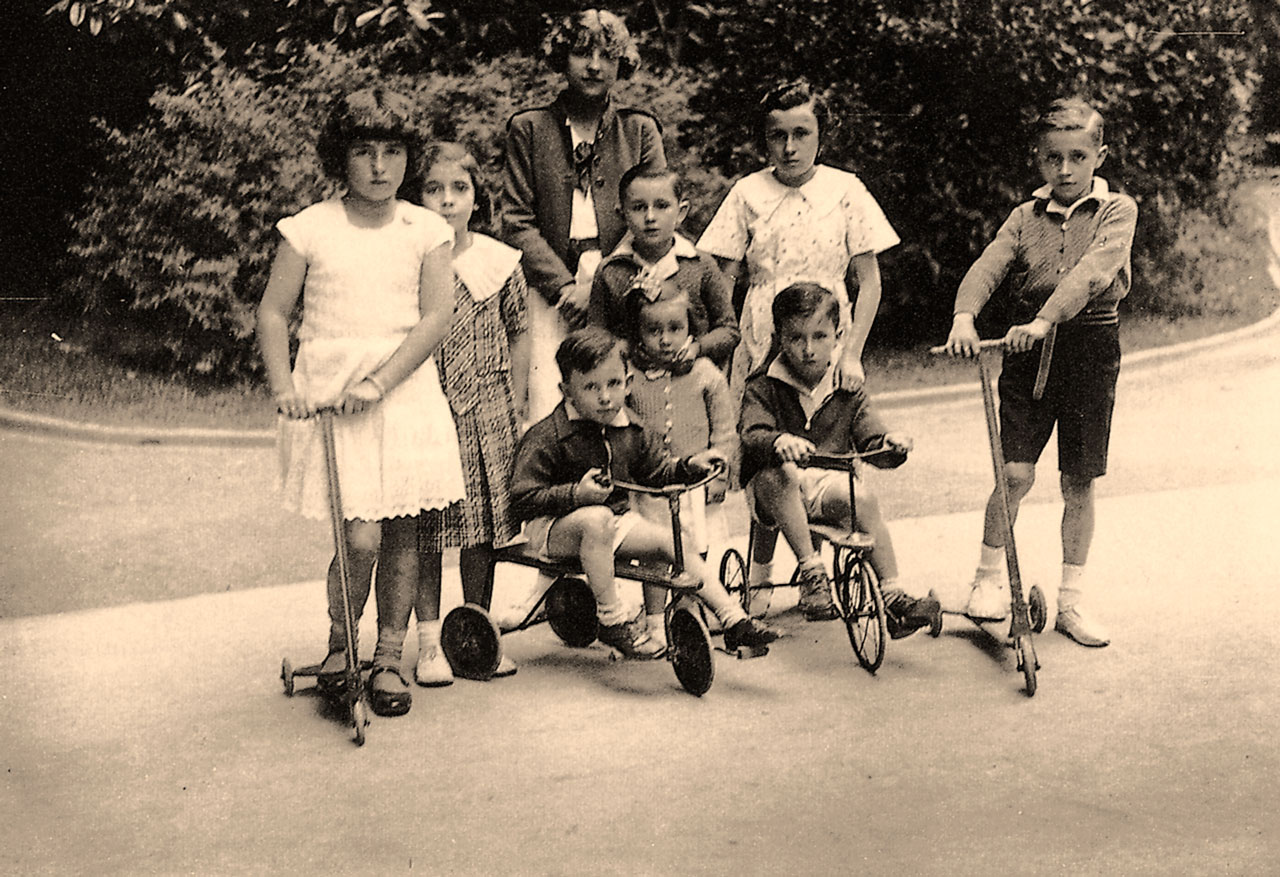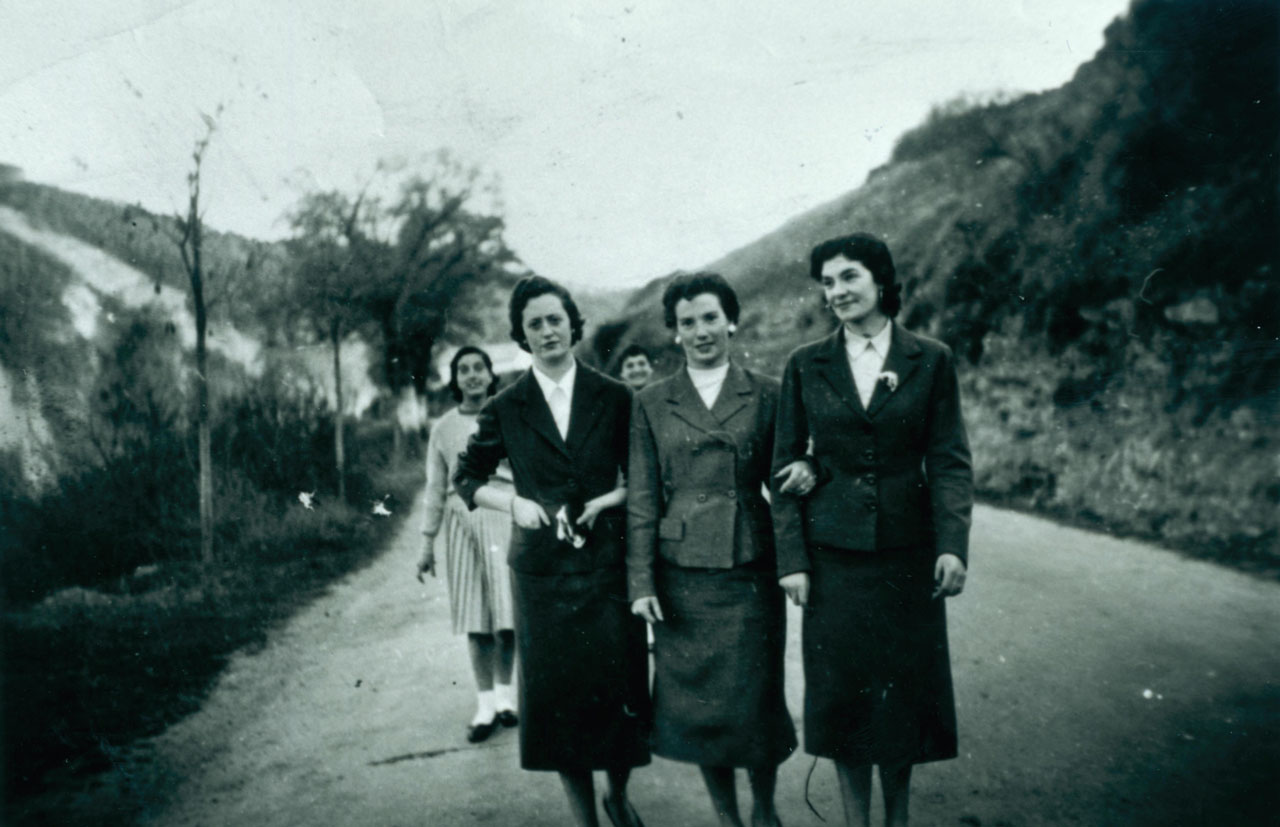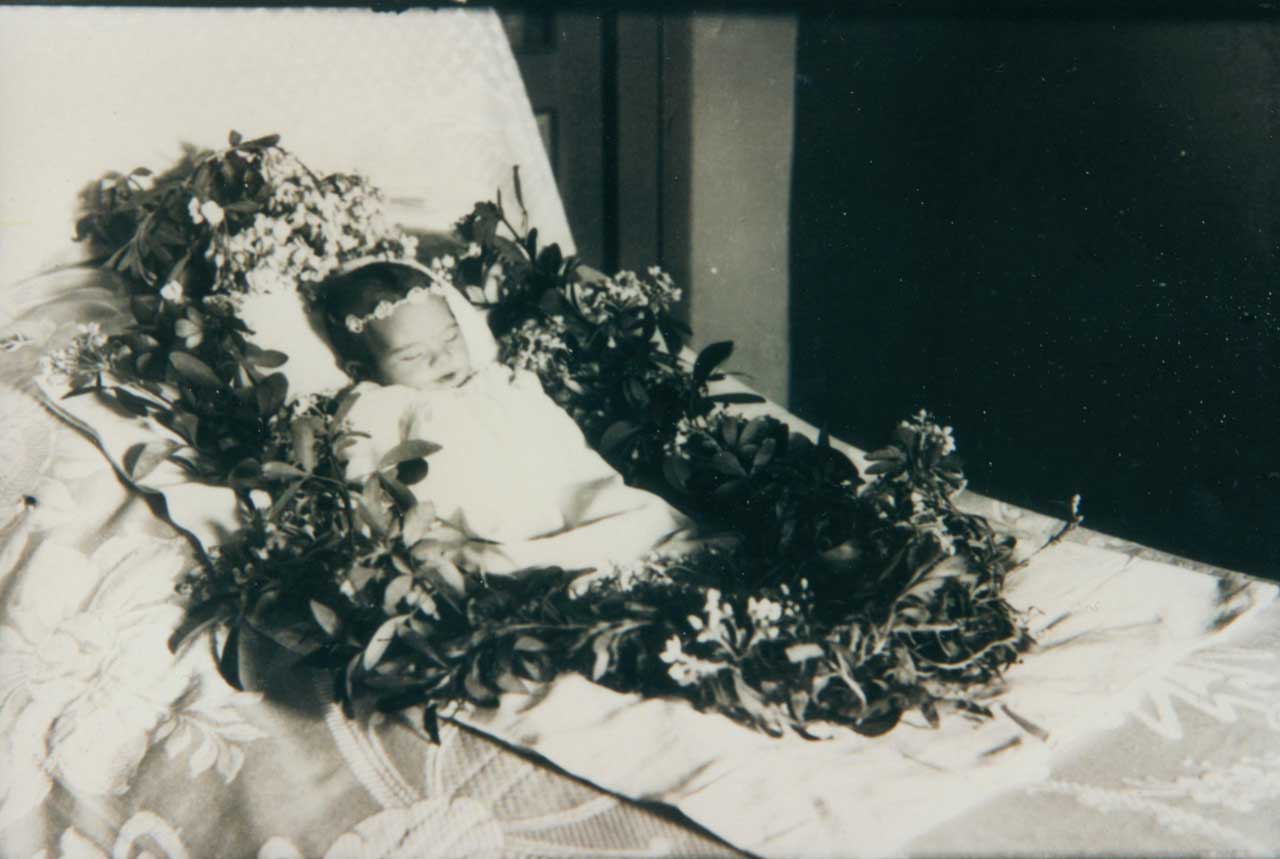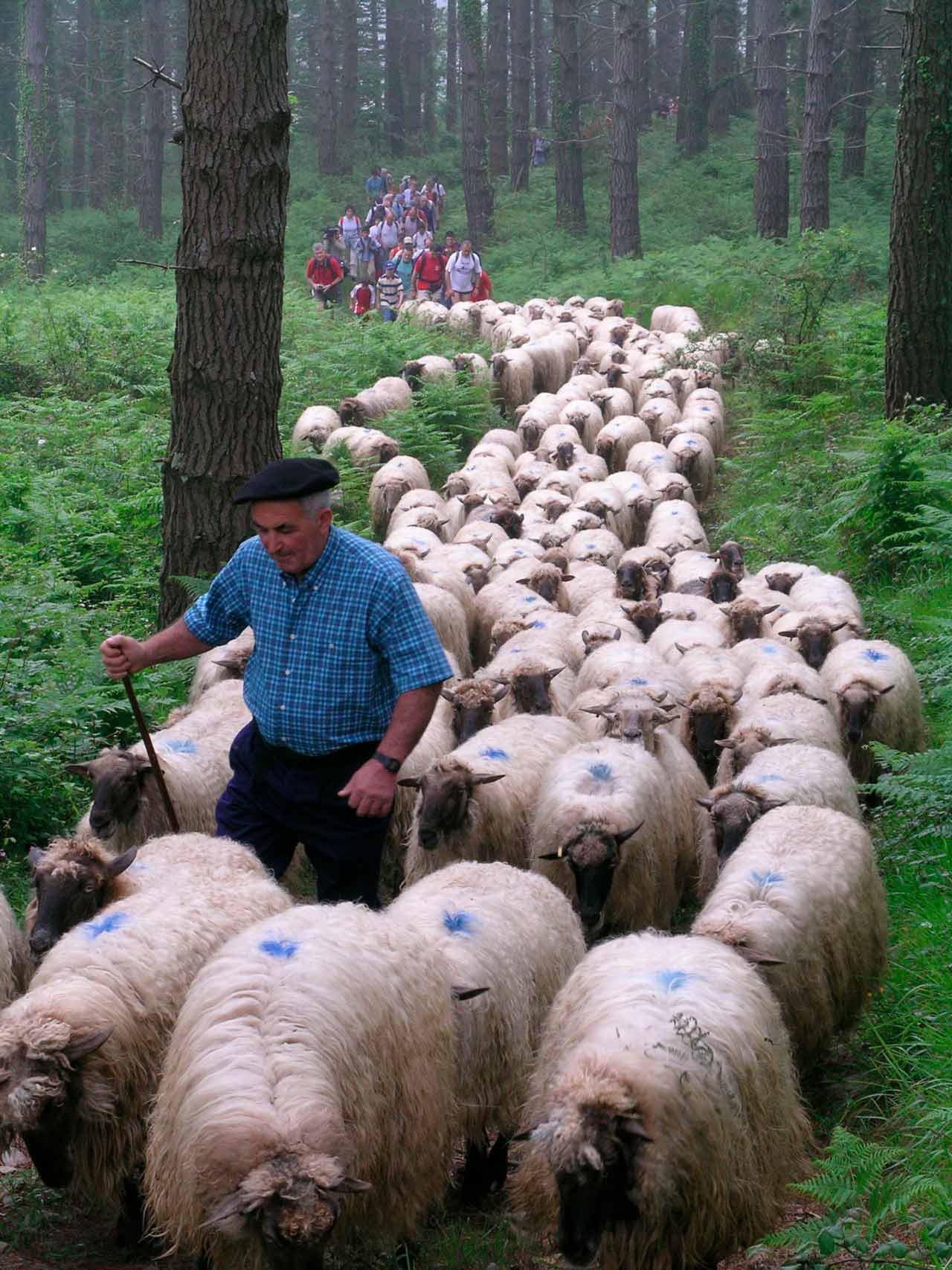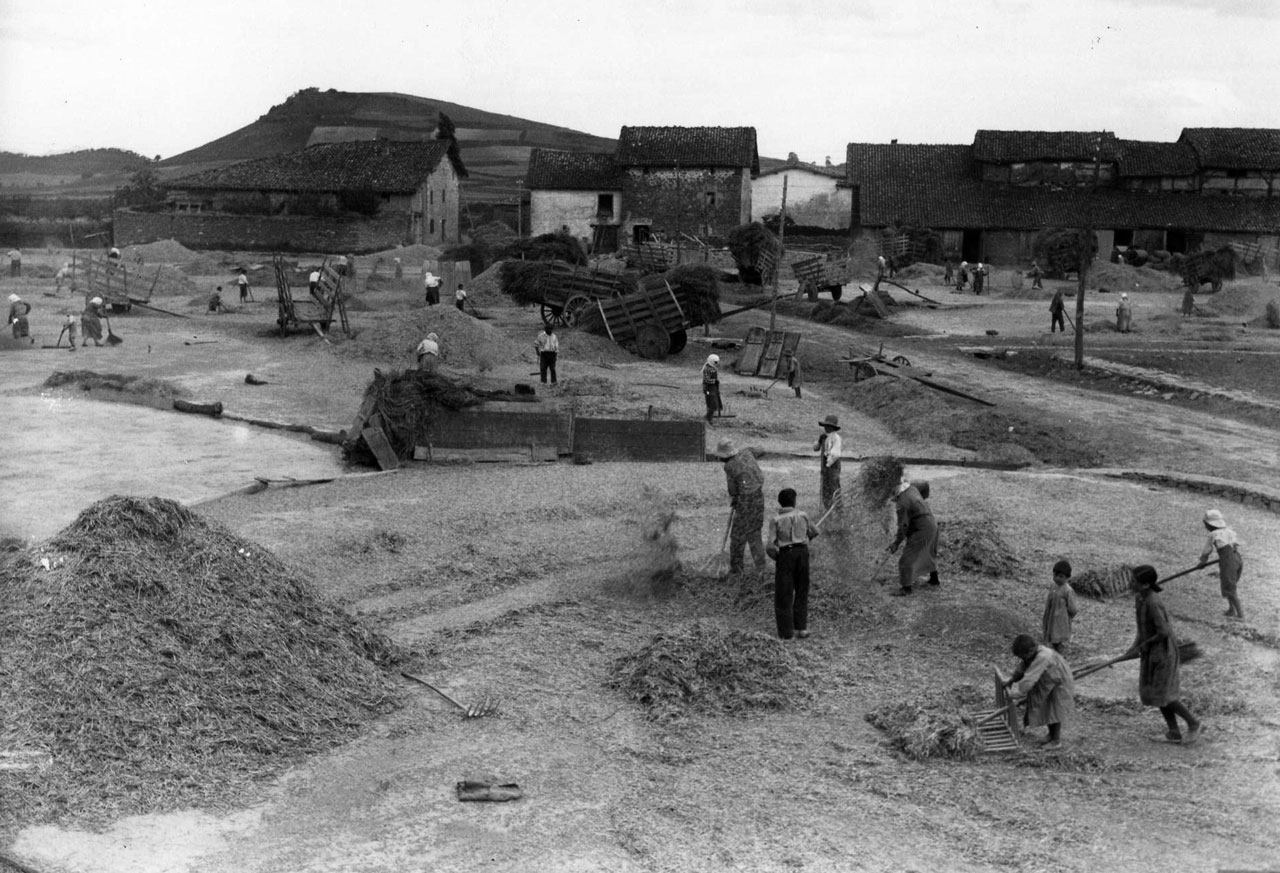Ethnographic Atlas of the Basque Country
De Atlas Etnográfico de Vasconia
Revisión del 13:20 11 mar 2020 de Admin (discusión | contribuciones)
House and Family in the Basque Country


House and Family in the Basque Country
“It has quite rightly been said, therefore, that any human settlement is the amalgamation of a little humanity, a little land and a little water.”
J. M. Barandiaran
Family Diet in the Basque Country


Family Diet in the Basque Country
Nahiz dala udea, nahiz dala negua, goizeko zortziretan, armozu ordua. Folk song
Children riding scooters and tricycles at Florida Park. Source: Municipal Archive of Vitoria-Gasteiz: Ceferino Yanguas.
Children’s Games in the Basque Country


Children’s Games in the Basque Country
Humans play games throughout their lives; however, that activity has a clearly different role for children and adults.
Traditional Medicine in the Basque Country


Traditional Medicine in the Basque Country
Baratxuria, hamalau gaitzen kontra. Garlic cures all ills.
Rites from Birth to Marriage in the Basque Country


Rites from Birth to Marriage in the Basque Country
Neskazaharrak joaten dira Madalenara, santuari eskatzera senar on bana. Folk song
Funeral Rites in the Basque Country


Funeral Rites in the Basque Country
Jaiotzetik heriotza zor. When you begin to live, you being to die.
On the move to the summer pastures in Gorbeia, 2006. Source: Antxon Aguirre, Etniker Euskalerria Groups.
Livestock Farming and Shepherding in the Basque Country


Livestock Farming and Shepherding in the Basque Country
Traditional shepherding and free-range livestock husbandry have prevailed on regions where these three requisites are satisfied: communal land, open-access rights, and free movibility for herds.
Agriculture in the Basque Country


Agriculture in the Basque Country
Elur asko den urtean, garia; eta erle asko dugunean, eztia. A year of snow, a year of plenty.
